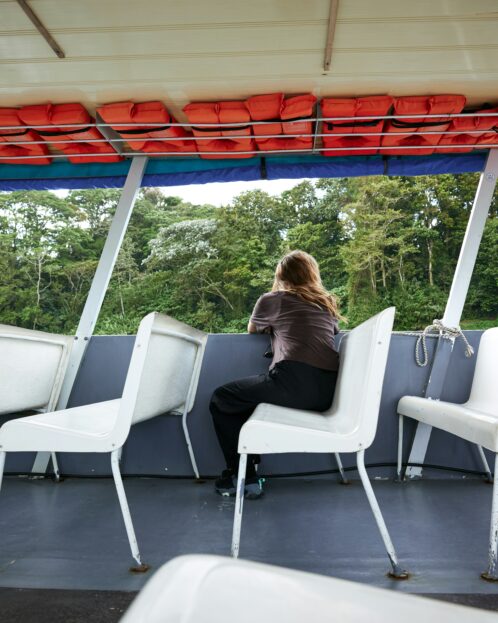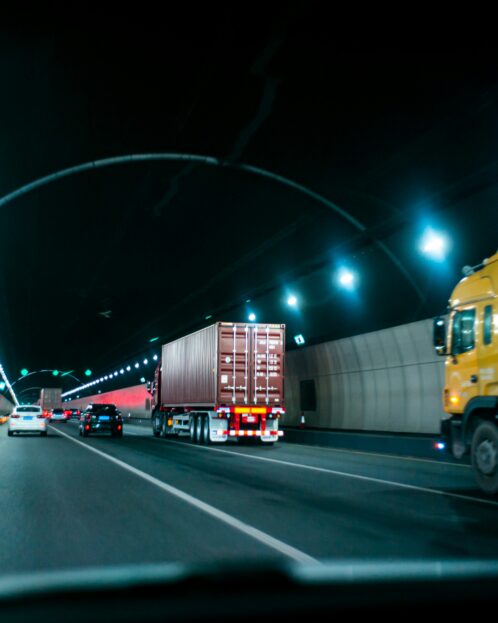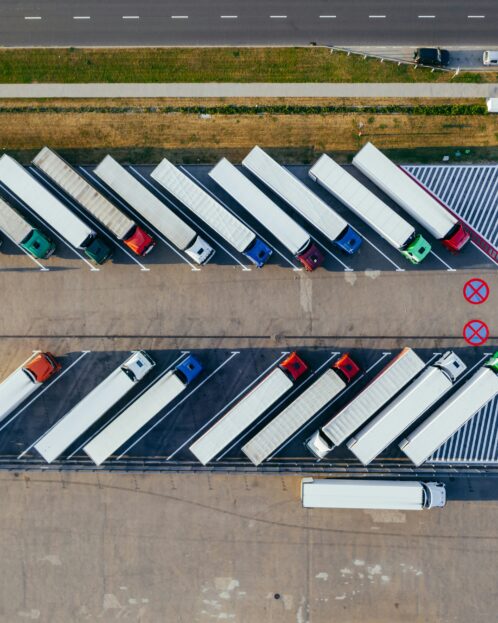2013 - 2015
Gabarone, Botswana
Government of Botswana
The proposed Trans-Kalahari Rail and Port project would provide a new rail line from the coal basins in Botswana to a new coal terminal at the Walvis Bay port in Namibia thereby enabling the export of currently untapped coal reserves in Botswana. The proposed rail connection would be in excess of 1,500km and the total cost for the project was estimated at circa $10 billion for the rail and port infrastructure ($2014).
NineSquared consultants worked as part of a multidisciplinary team with global engineering firm Aurecon to prepare an updated feasibility assessment of the project and to recommend a way forward for the project. Our team assisted government decision making on the project by assessing the financial viability of the project and the key commercial factors associated with the project.
As part of our role we developed a detailed financial model to determine the financial viability of the project and the potential free on board (FOB) price of Botswana coal mines. We modelled 18 different project options which was based on 3 different rail routes, 3 different rail gauges (standard, narrow, duel) and 2 different locomotive fuel types (diesel and electric). Our financial modelling estimated the expected returns to investors and owners of the below and above rail, port and coal handling facility.
Our team also investigated the potential financing, funding and delivery options for the project. In March 2014, a Bilateral Agreement was signed between Botswana and Namibia stating that the investment model for the project would be via a public private partnership (PPP). We assessed this model in the context of the situation in Botswana (undeveloped coal industry) and how mining related transport infrastructure has typically been delivered around the world. We highlighted the issues with this proposed delivery model and suggested alternatives for consideration by the Government.
Our team visited Botswana on a number of occasion to meet with key stakeholders during the study. We also presented our findings to government officials and to the Ministers responsible for mines and transport in Botswana.
Connect with our team
Contact
 Download
Download



 More projects
More projects